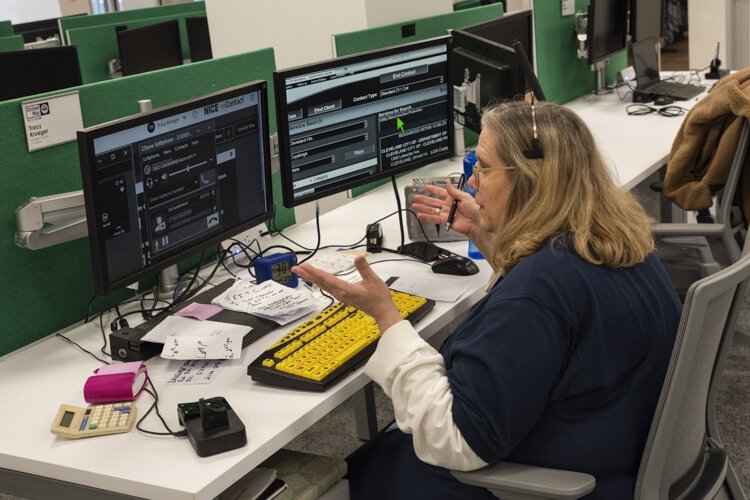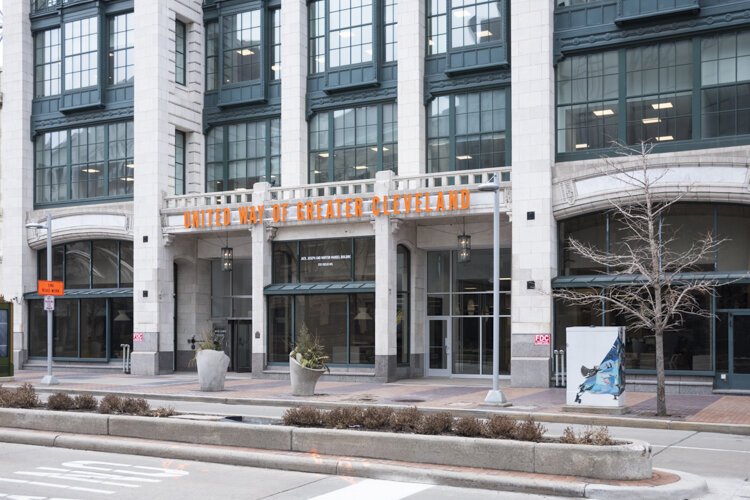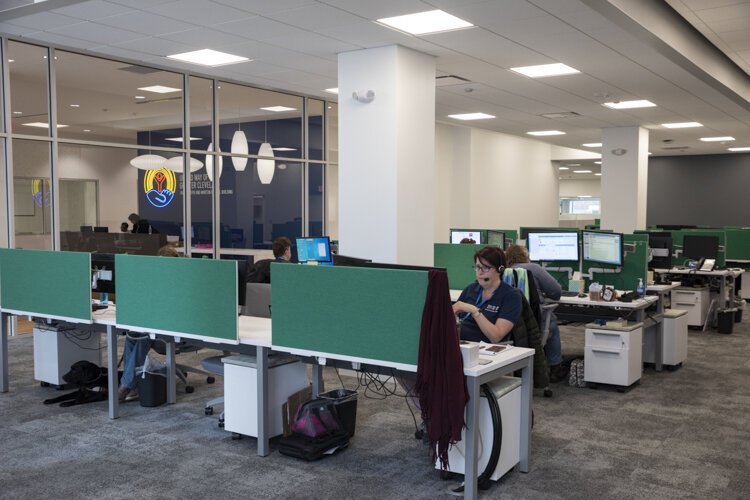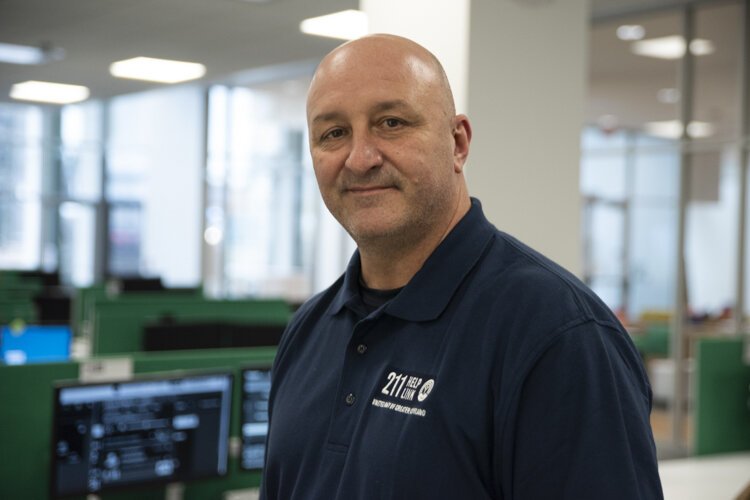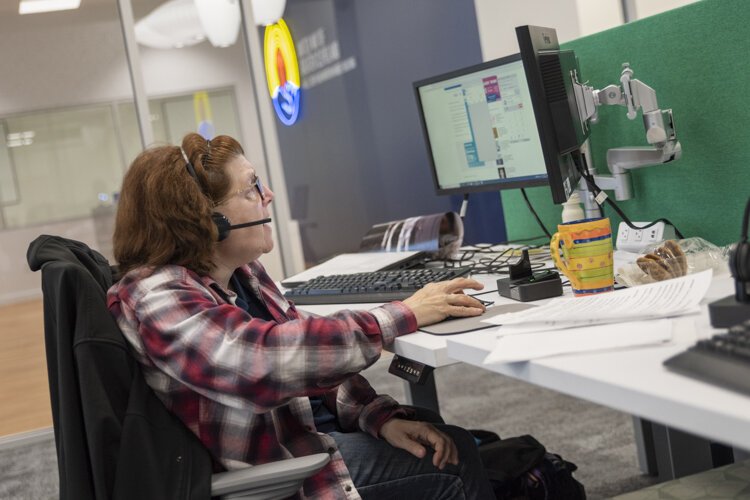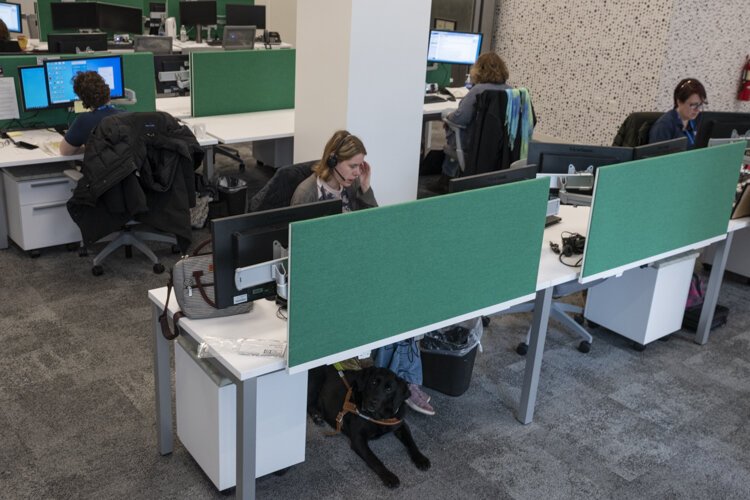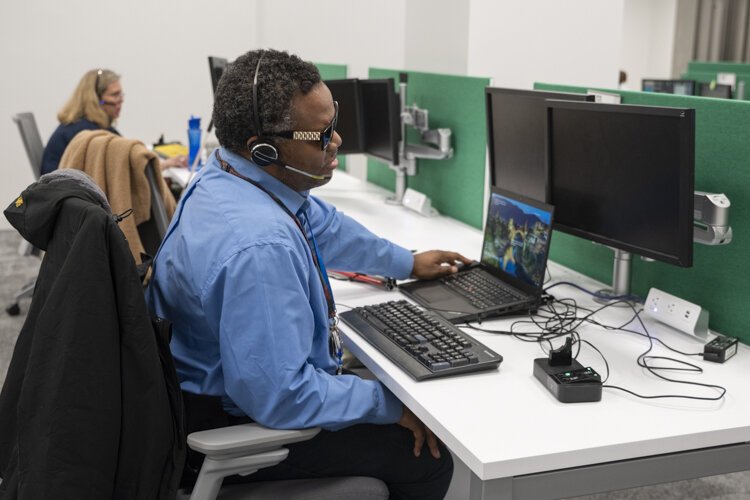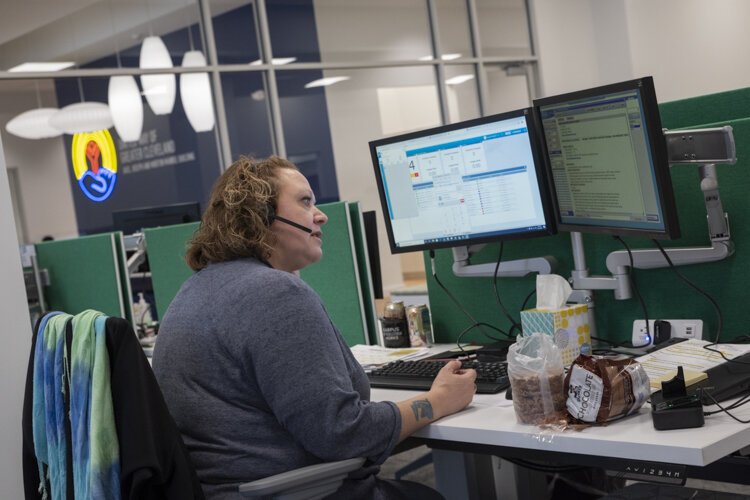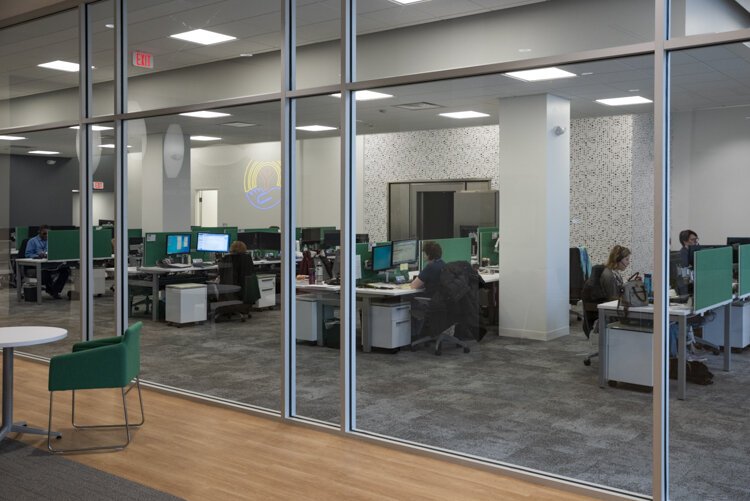
United Way fights Cleveland’s poverty crisis head on with the Community Hub for Basic Needs
Cleveland is in crisis, according to the United Way of Greater Cleveland—a poverty crisis—and the organization and a network of area partners will do something about it.
“Cleveland ranks numbers one, two and three in the nation in the worst poverty for children, working-age adults, and seniors respectively,” says Augie Napoli, the United Way of Greater Cleveland’s president and CEO. “We’re really at crisis level in our community.”
 Augie Napoli, the United Way of Greater Cleveland’s president and CEOCleveland ranks at the top in the country in childhood poverty at 50.5%; ranks second-worst with 30% of working-age adults living in poverty (of which, 60% are working); and holds the third-worst ranking for seniors living in poverty, according to the Center for Community Solutions, a Cleveland-based nonpartisan think tank focused on solutions to health, social, and economic issues.
Augie Napoli, the United Way of Greater Cleveland’s president and CEOCleveland ranks at the top in the country in childhood poverty at 50.5%; ranks second-worst with 30% of working-age adults living in poverty (of which, 60% are working); and holds the third-worst ranking for seniors living in poverty, according to the Center for Community Solutions, a Cleveland-based nonpartisan think tank focused on solutions to health, social, and economic issues.
These staggering numbers prompted the United Way’s Board of Directors, Napoli and his leadership team to sit down and rethink the way the organization approaches its attack on the crisis of poverty.
Now, the United Way of Greater Cleveland will invite partners to join the Community Hub for Basic Needs (“the Hub”), through which United Way will allocate specific funds to address a specific problem.
The Hub’s new system relies on focused investments in a smaller group of partners whose services and capabilities best match the mission to reduce the deepest poverty rates in Cleveland and the nation.
“This is real-time help for real-world problems—this approach is 180 degrees different than it was historically,” Napoli says. “It’s a new way for how we invest our donors’ dollars and focus on our goals. We will have stringent and hard-and-fast requirements for organizations we invest in to deliver services to meet the goals we are setting.”
Calling the way the United Way used to fund “old school,” Napoli says the new approach addresses the specific and growing problems of poverty in Cleveland. “New school is we’re saying to the community, ‘with childhood poverty, we want to move the needle,’ ” he says. “This is how we will ask and measure partner agencies to meet these criteria. So, we’re putting ourselves on the line to be more accountable and transparent than ever before in our 107-year history.”
Access to quality services, benefits of 2-1-1
The Hub funding model will not affect other programs funded through more than $33 million in donations for fiscal year 2019—2-1-1 HelpLink and other direct services, the Impact Institute, federated and regional partners, and agency grants specified by donors.
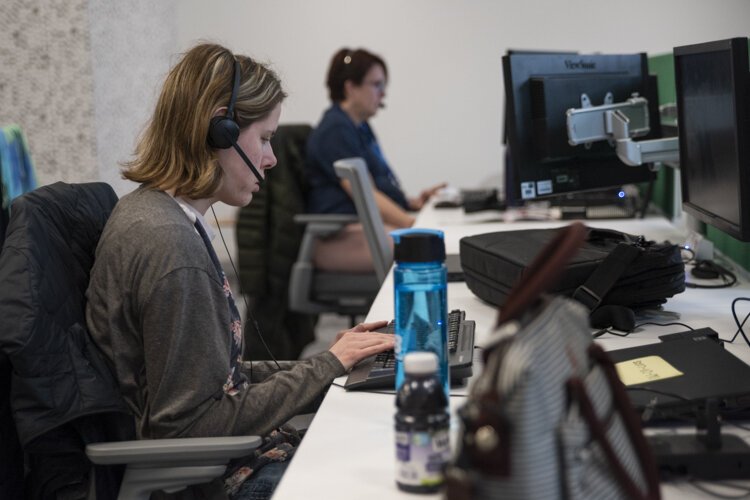 Napoli says they have listened to feedback from the people in need within Cleveland, and the United Way is responding. “It’s really interesting, what we’ve learned,” he says. “What do people say to us when asked what is the single greatest unmet need? They say, ‘Access to quality services is the single most unmet need.’ ”
Napoli says they have listened to feedback from the people in need within Cleveland, and the United Way is responding. “It’s really interesting, what we’ve learned,” he says. “What do people say to us when asked what is the single greatest unmet need? They say, ‘Access to quality services is the single most unmet need.’ ”
So, the United Way is responding through this final phase of its three-year strategic plan.
In February, the United Way marked the 16-year anniversary of its 2-1-1 HelpLink program, through which residents can dial 2-1-1 24 hours a day, chat online or talk to a 2-1-1 navigator in various city locations, like the Greater Cleveland Food Bank, who will help them navigate the complex health and social services network.
Additionally, 2-1-1 has navigators at the Cleveland Clinic, MetroHealth and St. Vincent Charity Medical Center, and they are stationed at the Greater Cleveland Food Bank on the third Thursday of every month. Plans are in place to have navigators stationed at the 4th District Cleveland Police Station this year as well.
“Wherever people gather, wherever people are in need, that’s where we will be,” says Napoli.
The 2-1-1 network served 160,000 callers last year, connecting people to resources that include housing support, utility assistance and access to food more than 90% of the time. The system averages more than 400 calls a day—going above and beyond.
“What are the most urgent of the basic needs people have in the community,” Napoli says. “Food, clothing, shelter. But there are many other basic needs. 2-1-1 offers help with transportation, access to medicine, stable housing, drug addiction. You name it, we serve the basic needs.”
Another large component to the United Way of Greater Cleveland’s mission to combat poverty is the Impact Institute—a think tank with an action plan to identify and grow solutions that address the root causes of poverty, such as systemic racism and access to affordable housing.
The organization will also continue its investments in the Lead Safe Cleveland Coalition and with partners at the Legal Aid Society of Cleveland on Right to Counsel, both of which impact Clevelanders in poverty and fall under the Impact Institute’s Housing Stability Solution Center.
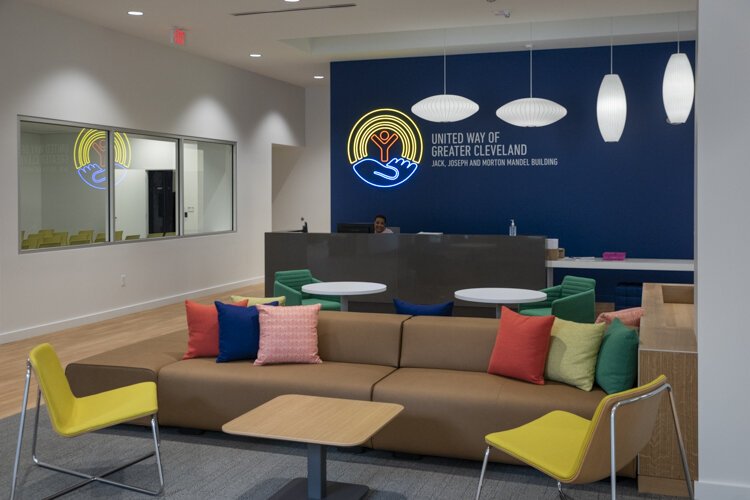 While changing its funding process, the United Way of Greater Cleveland will continue to honor its grants to agencies through the end of this contracted period, June 30, 2020. In addition, the organization will provide transitional funding for these current agency partners for a 15-month period, from July 1, 2020, to Oct. 1, 2021.
While changing its funding process, the United Way of Greater Cleveland will continue to honor its grants to agencies through the end of this contracted period, June 30, 2020. In addition, the organization will provide transitional funding for these current agency partners for a 15-month period, from July 1, 2020, to Oct. 1, 2021.
Napoli stresses that this shift does not mean agency funding will be eliminated. “Does that mean we’re not going to fund agencies anymore? Heavens, no,” he says, noting that the organization funds 87 agencies. “We’re changing the way we fund. Instead of spending thinly over many agencies, we’ll fund fewer agencies with higher impact.”
Napoli says The Hub strategy is designed around those who are in the deepest poverty in Cleveland and need the organization’s help the most. “This is what needs to be done,” he says. “Good deeds and good intentions are wonderful, but they don’t necessarily move the needle. We want to be relentless in fighting the poverty that many in our community face to ensure they live better lives that are full of opportunities every person deserves.”
This article is part of our ongoing "Roots of Change: Forging a More United Way" dedicated series in partnership with the United Way of Greater Cleveland.


